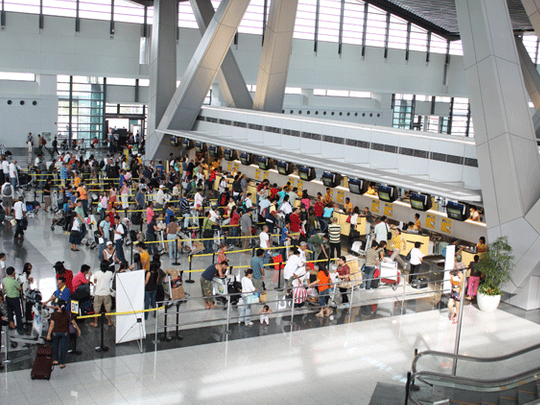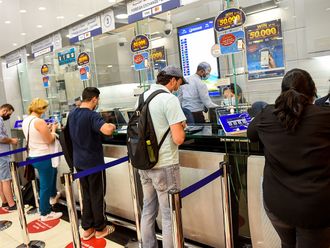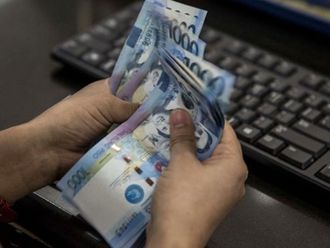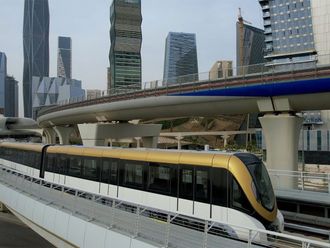
Manila: The Philippines was given the highest grade among 15 countries reviewed by British news magazine, The Economist, for it well developed policies concerning labour migration.
“The Philippines is primarily a migrant-sending country, and it has a well-developed policy and institutional architecture for managing outward migration,” a recently-released study by the Economist Intelligence Unit-Migration Governance Index (EIU) said.
The review said Philippines is the only country that was given the highest rate as “developed and mature” in all five categories, namely: institutional capacity; migrant rights; safe and orderly migration; labour migration management; and regional and international cooperation and other partnerships.
Countries included in the study have been categorised based on their performance as nascent, emerging, developed and mature.
The Philippines, which had been sending migrant workers as part of its informal labour policy since the mid-1970s, ranks “mature” in all categories except labour migration management. The review gave it a grade of “developed” in this category.
Aside from the Philippines, the 15 countries reviewed include Bahrain, Bangladesh, Canada, Costa Rica, Germany, Ghana, Italy, Mexico, Moldova, Morocco, South Africa, South Korea, Sweden and Turkey.
Reacting to the news, Philippine Ambassador Cecilia Rebong, Permanent Representative to the United Nations and Other International Organisations in Geneva, said “this recognition by The Economist of the excellent migration governance framework of the Philippines is an affirmation of the continuing commitment of the Philippine Government to promote and protect the rights and welfare of the Filipinos who chose to work abroad.”
The study underscored transparency as an essential marker of a comprehensive migration policy. This includes: clear information for potential immigrants about laws, regulations, visas and opportunities, publicly available data about migrant flows, migrant deaths and human trafficking; robust information-sharing systems between government departments, integrated programmes to aid repatriation of migrants, and structured information exchange and dialogue with other countries.
The EIU-MGI was commissioned by the International Organisation for Migration (IOM) and designed by The Economist Intelligence Unit. Its objective was to provide policy-benchmarking framework for evaluating country-specific migration governance structures. It also aims to assist countries in assessing how comprehensive and coherent their policies are, and in identifying gaps that exist as well as areas that needs improvement.
According to the study, there are an estimated 244 million international migrants worldwide searching for economic opportunity, peace and security.
“Well-governed migration brings profound benefits to both receiving and sending countries. Receiving countries get productive workers who fill key gaps in the labour market and help their demographic profiles,” said the study.












